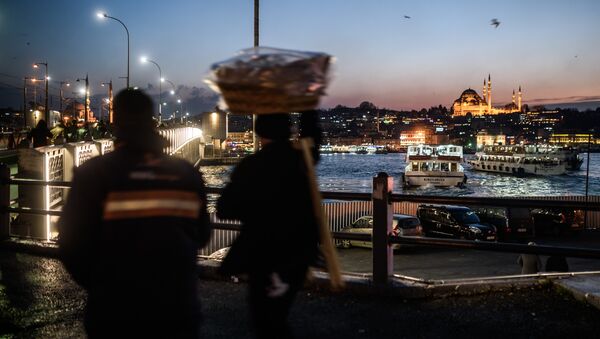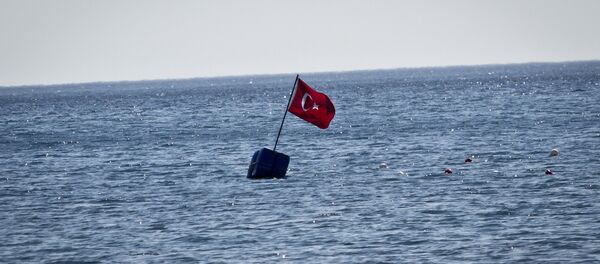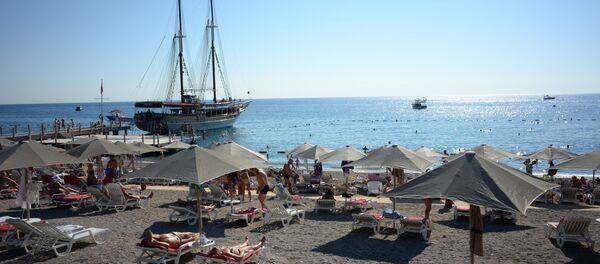In his article "Ballooning bad loans in Turkey seen worsening as tourists flee," Courcoulas recalled that the country has already been afflicted by an unprecedented increase in bad loans, according to this week's data from the Ankara-based Banking Regulation and Supervision Agency.
"The nation's lenders' non-performing loans climbed to 3.18 percent of total credit in January, the sixth straight monthly increase and the highest proportion in almost five years," Courcoulas said.
"The rise in bad loans is compounding the challenges facing Turkey's $814 billion banking industry as a combination of currency depreciation, Russian sanctions and waning tourist visits," Courcoulas pointed out.
He quoted Apostolos Bantis, a Commerzbank credit analyst in Dubai as saying that "the trend is likely to increase and intensify."
"While I don't see the situation running out of control, the impact of Russian sanctions and the blow to the tourism industry… will all take a toll on the corporate sector," Bantis said.
He was echoed by Cagdas Dogan, an analyst at BGC Partners in Istanbul, who warned of the far-reaching consequences of Russian sanctions and scarce tourist visits, according to Courcoulas.
"The worst may not be over for the industry, as tourism companies will contribute to a deepening of the bad-loan quandary," Dogan said.
In January, Turkish Deputy Prime Minister Mehmet Simsek said that the country will lose $3.1 billion worth of trade in 2016 due to Russian economic sanctions.
Earlier, Ankara appealed to the World Trade Organization, arguing that the sanctions allegedly violate trade rules. Moscow responded by saying that its economic actions are fully within the framework of the WTO rules.





